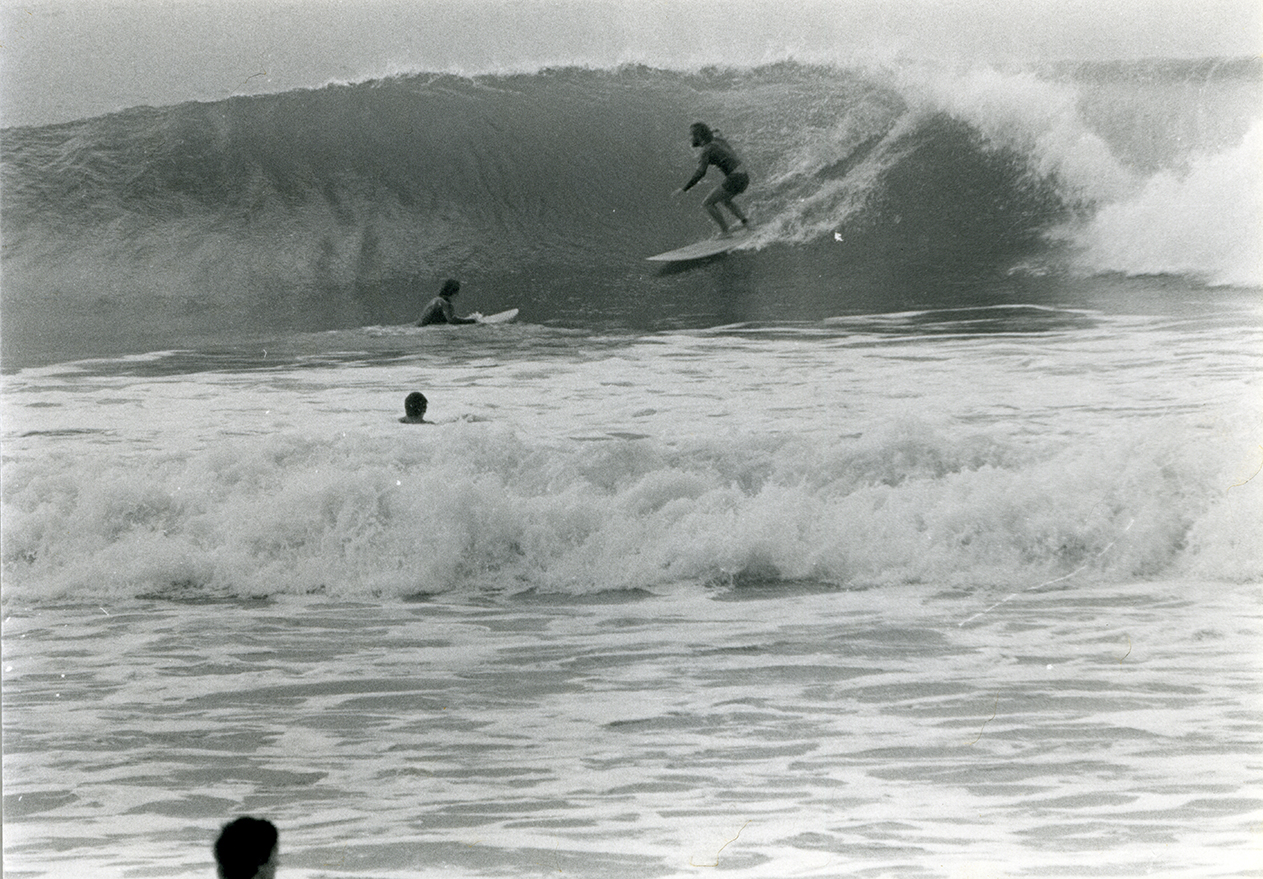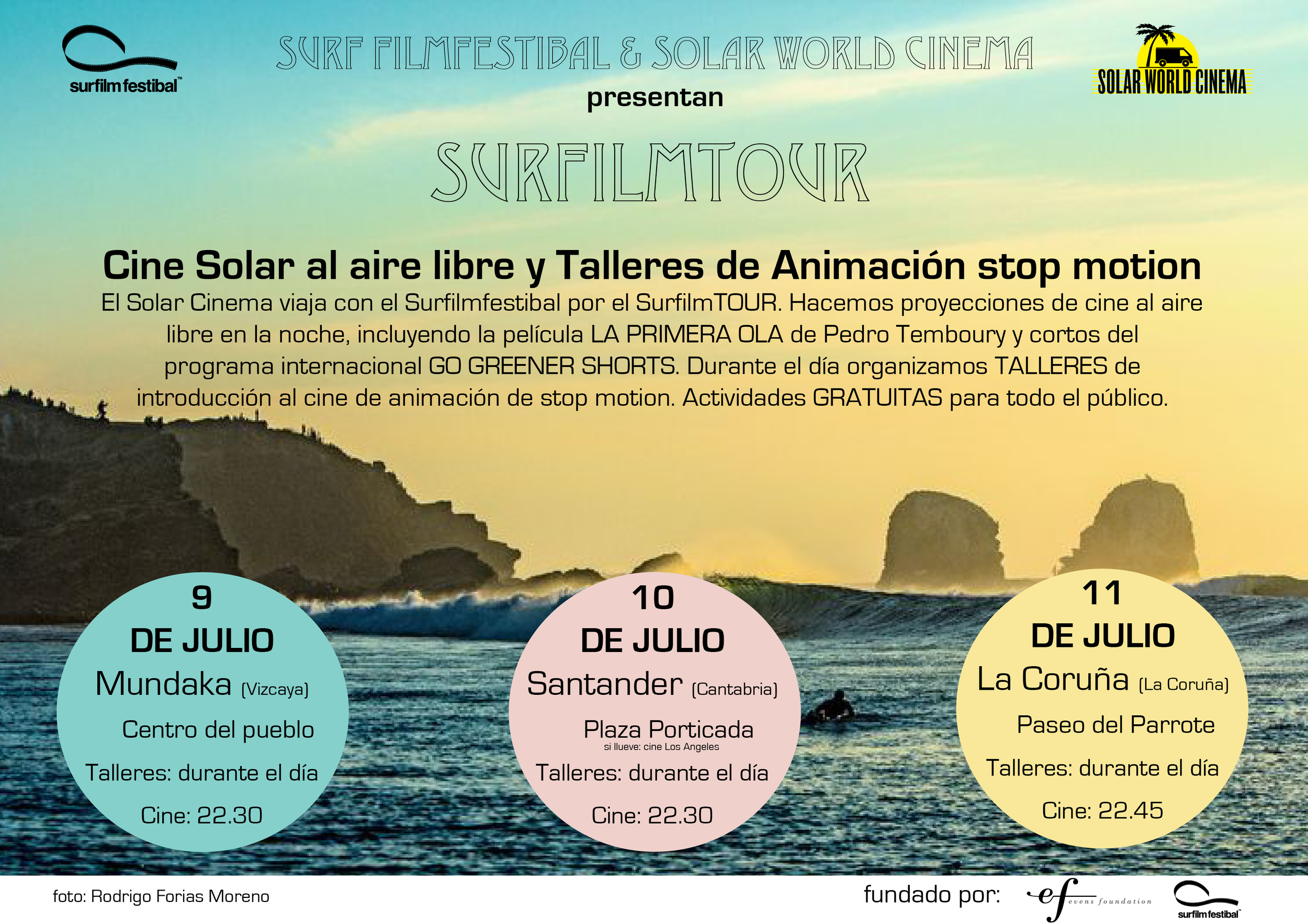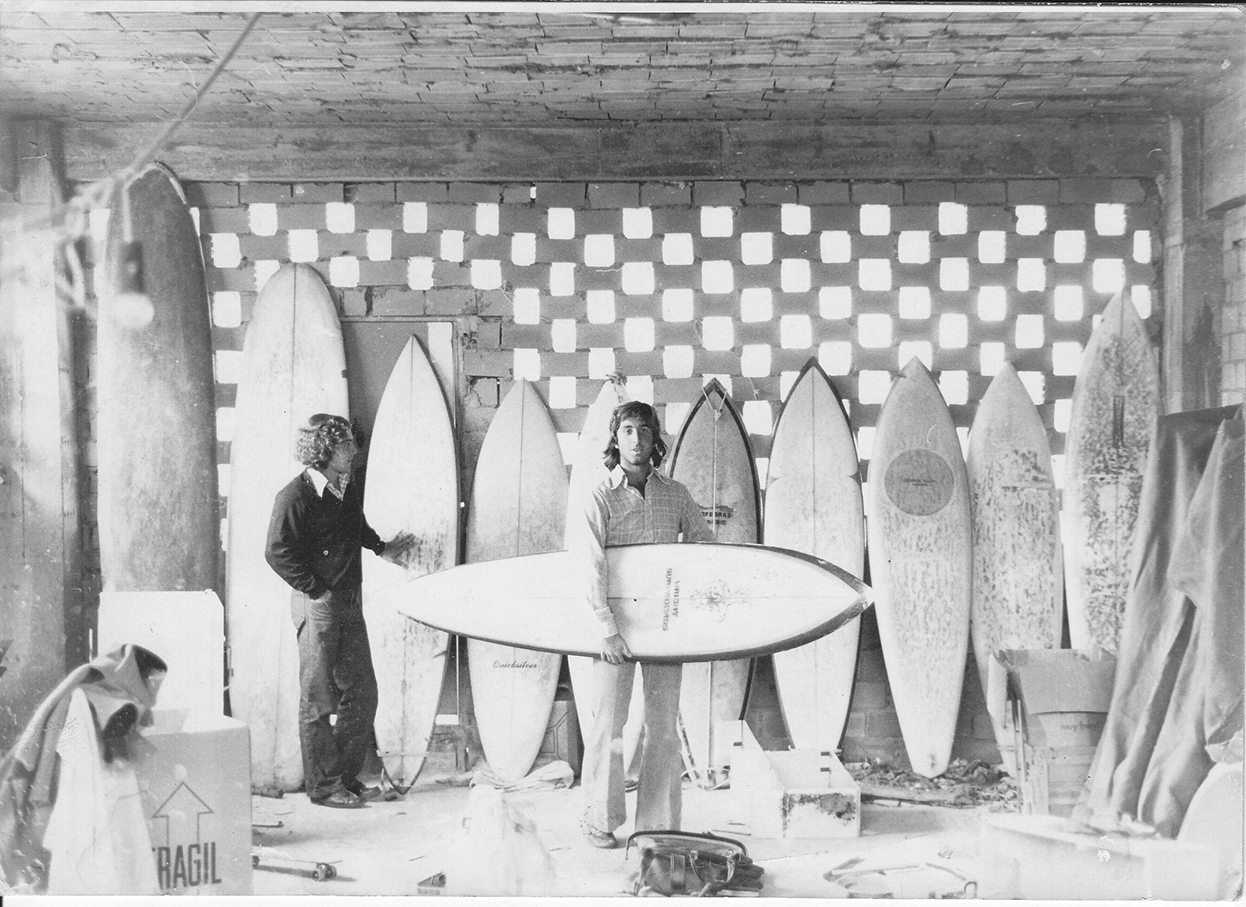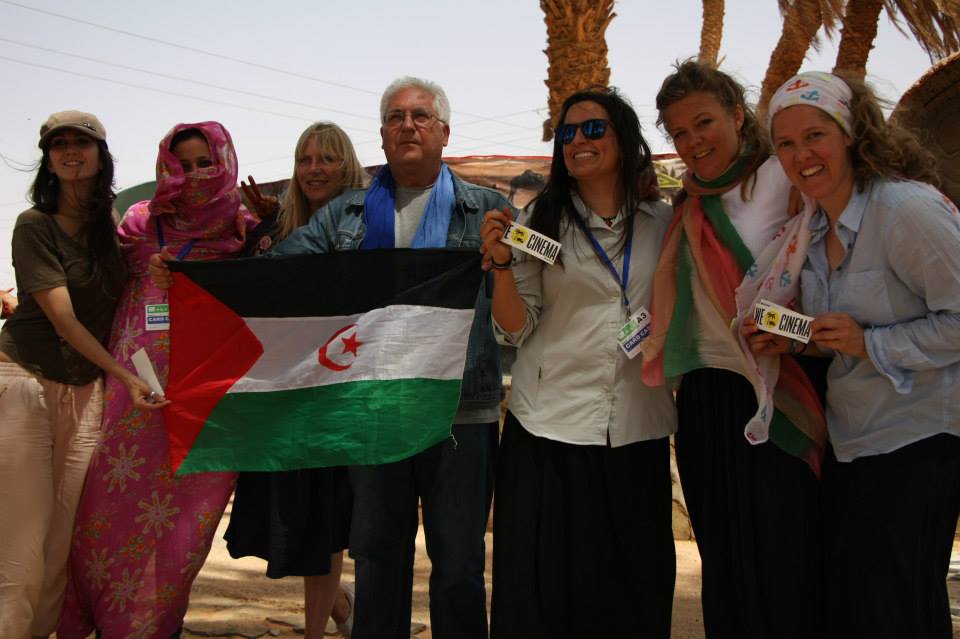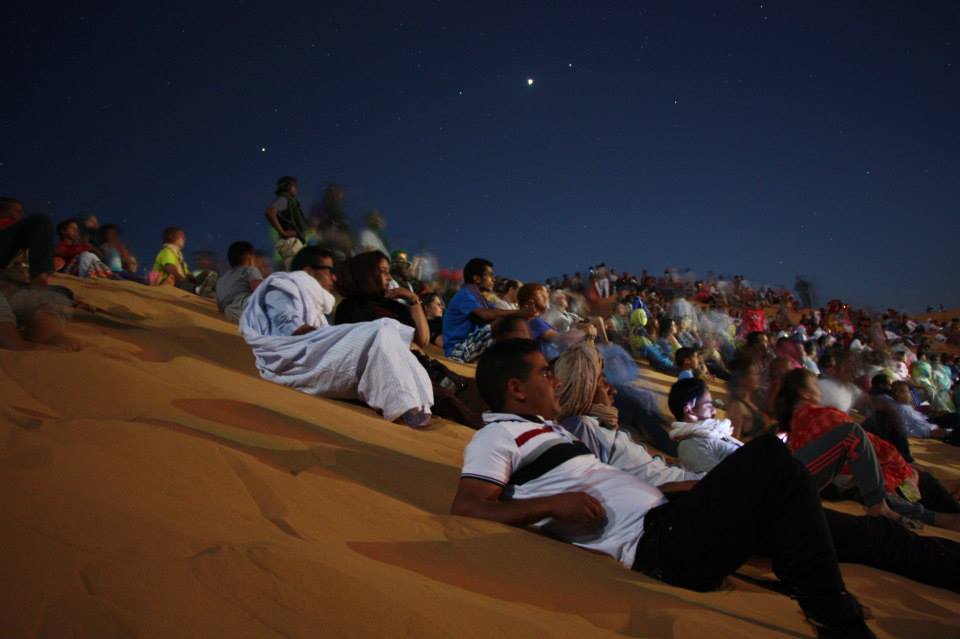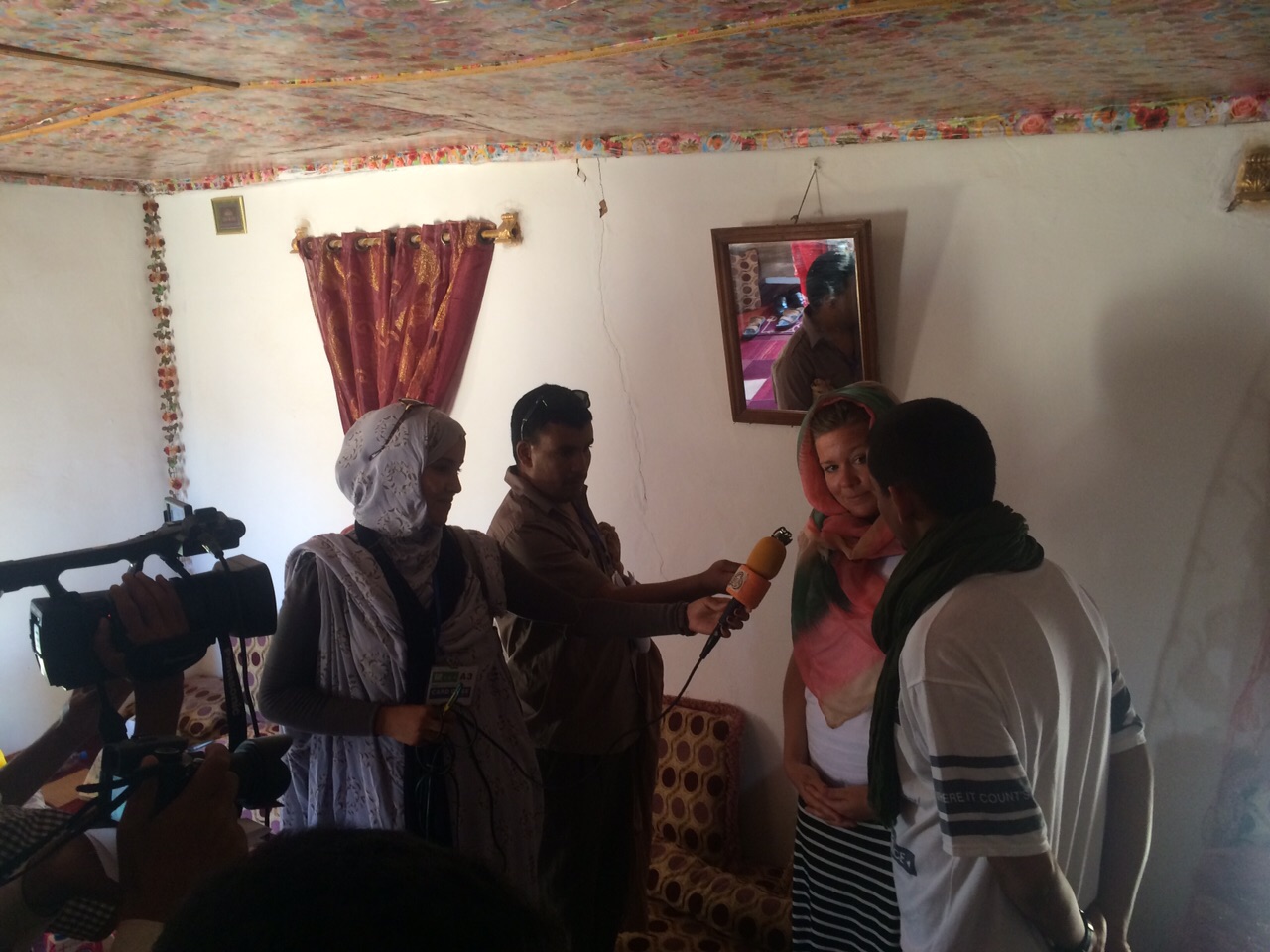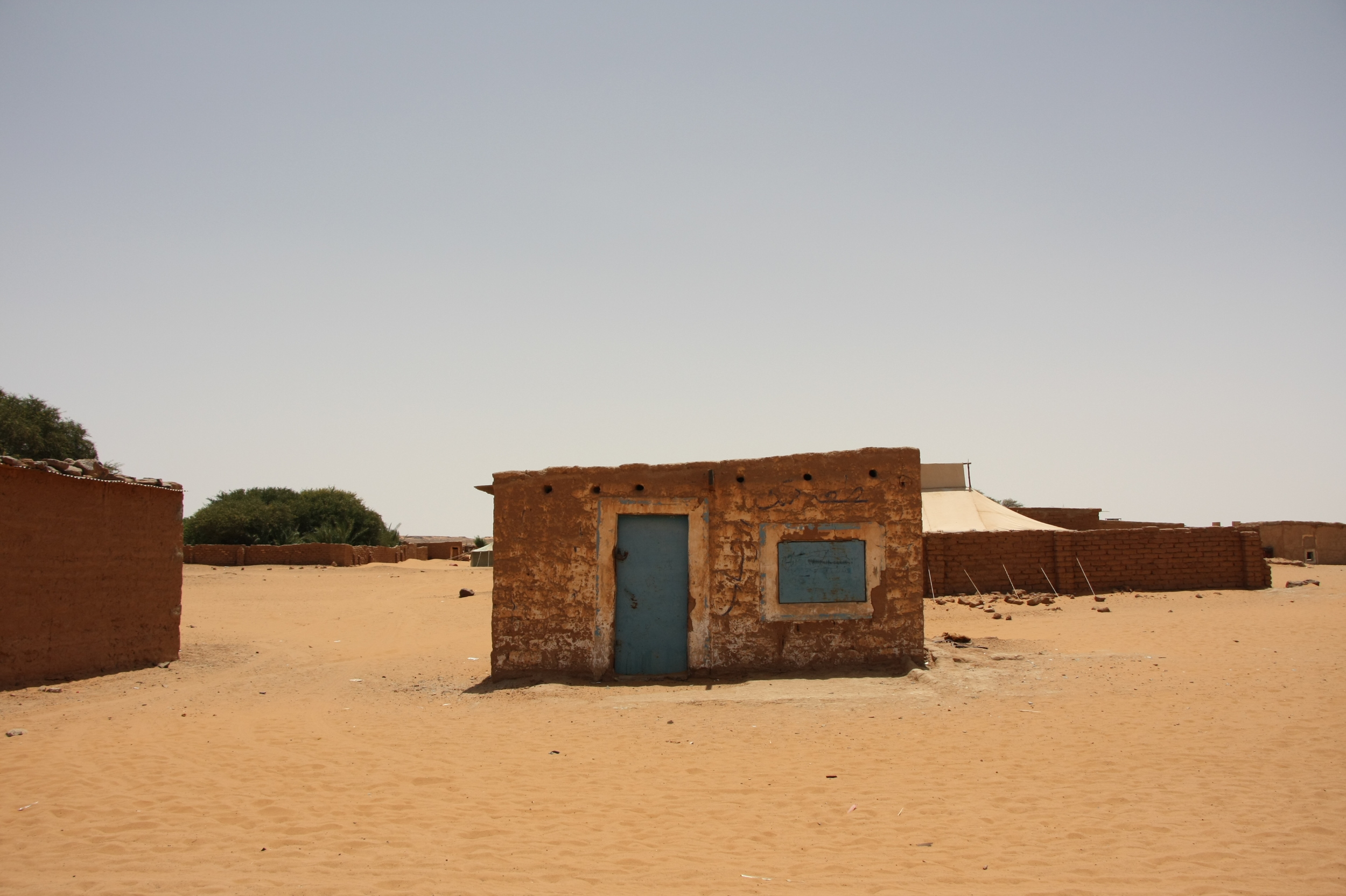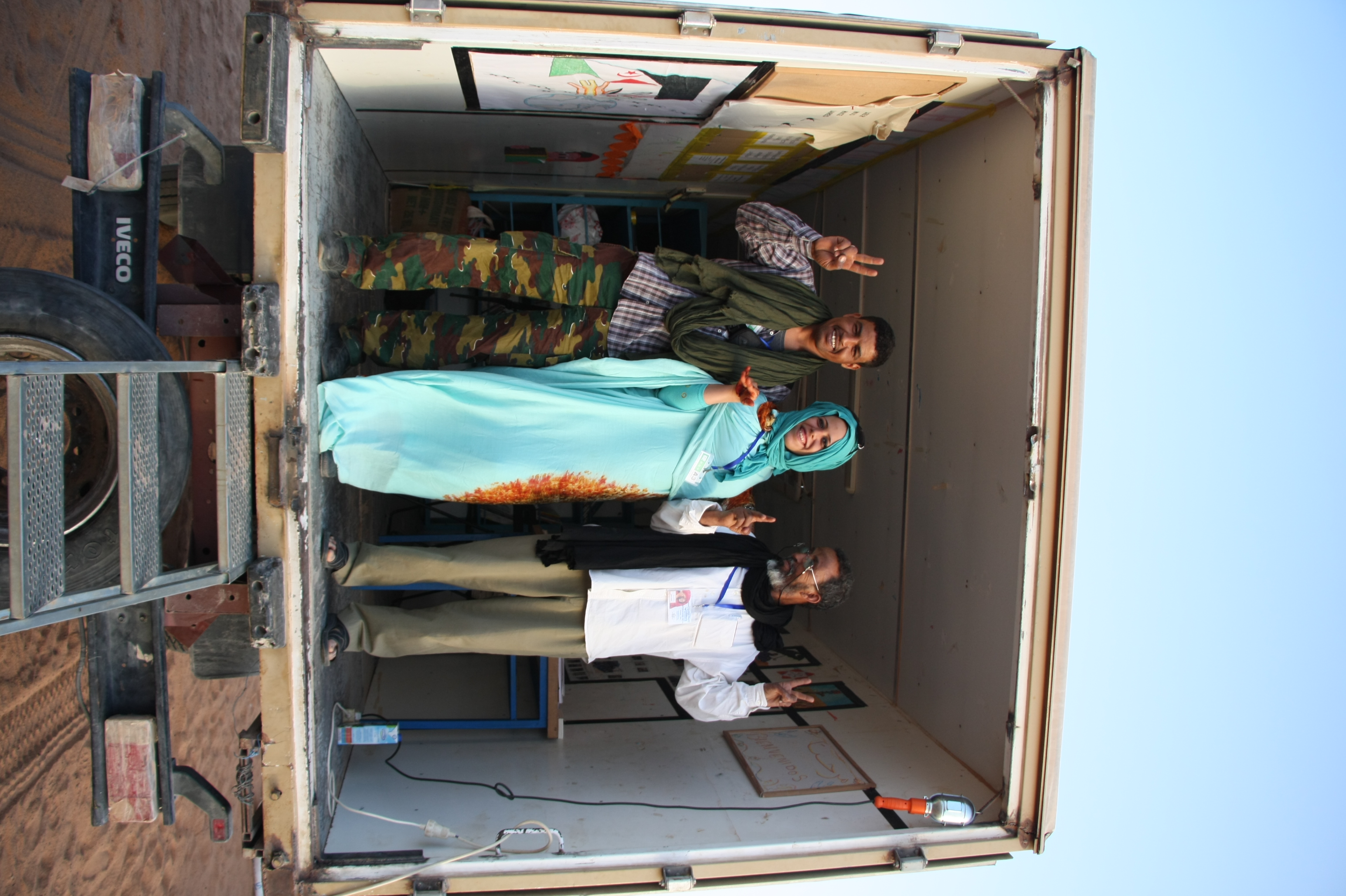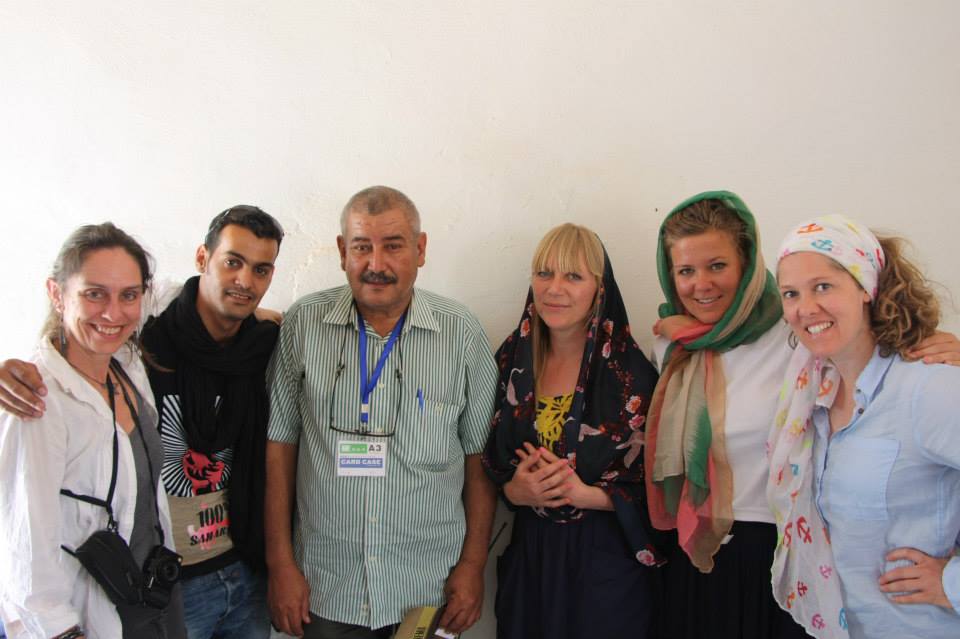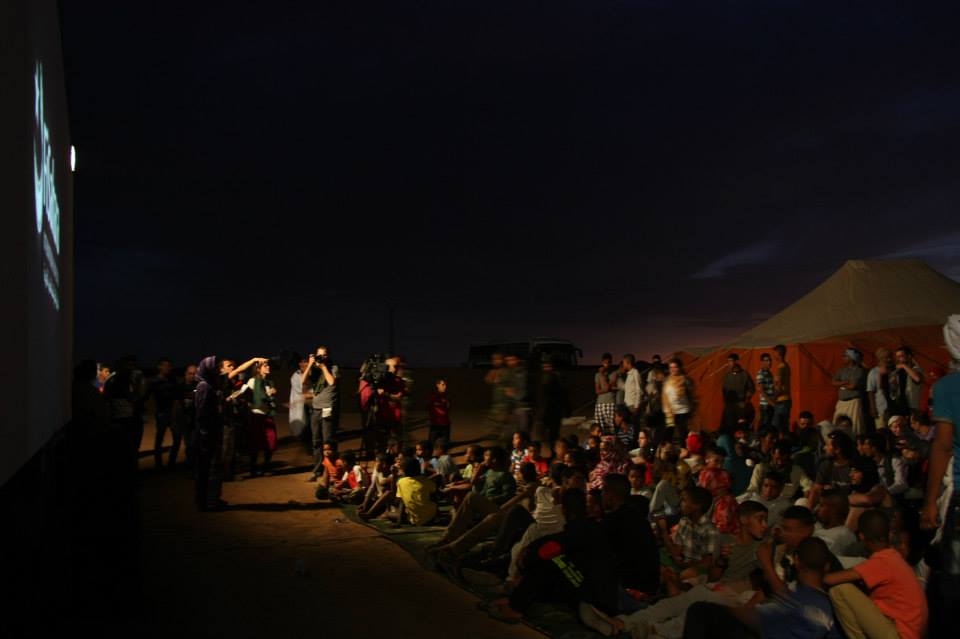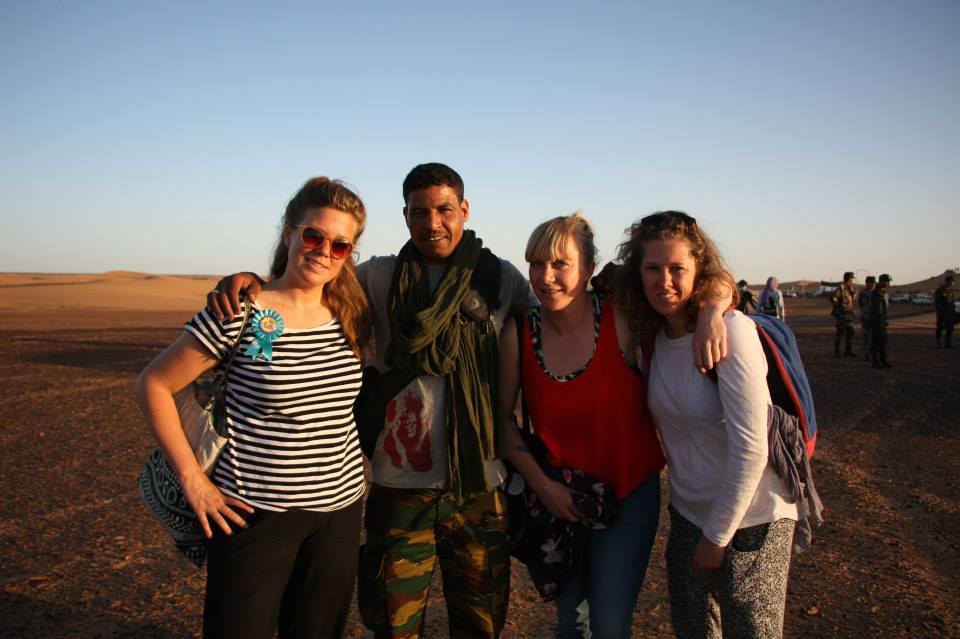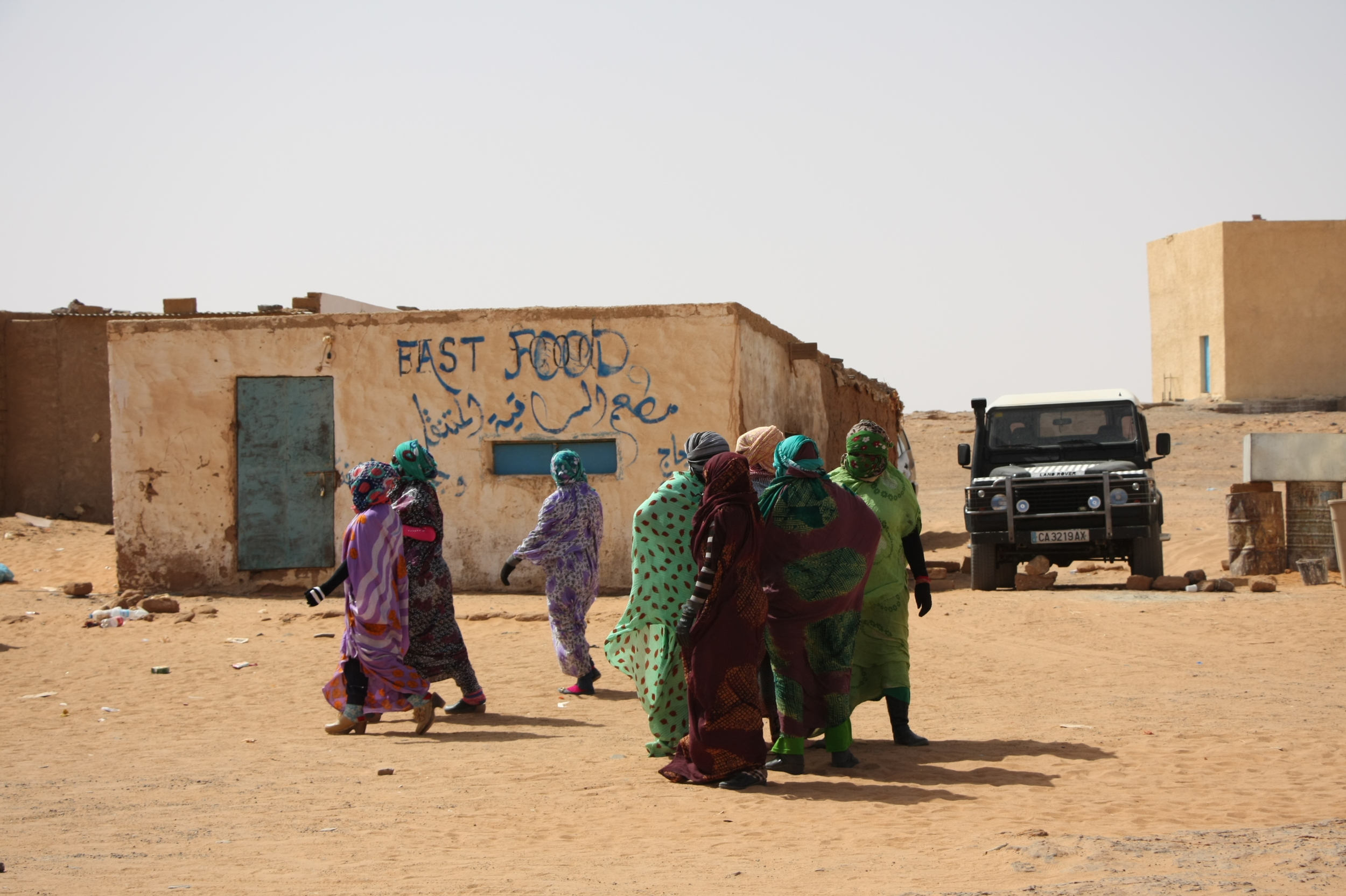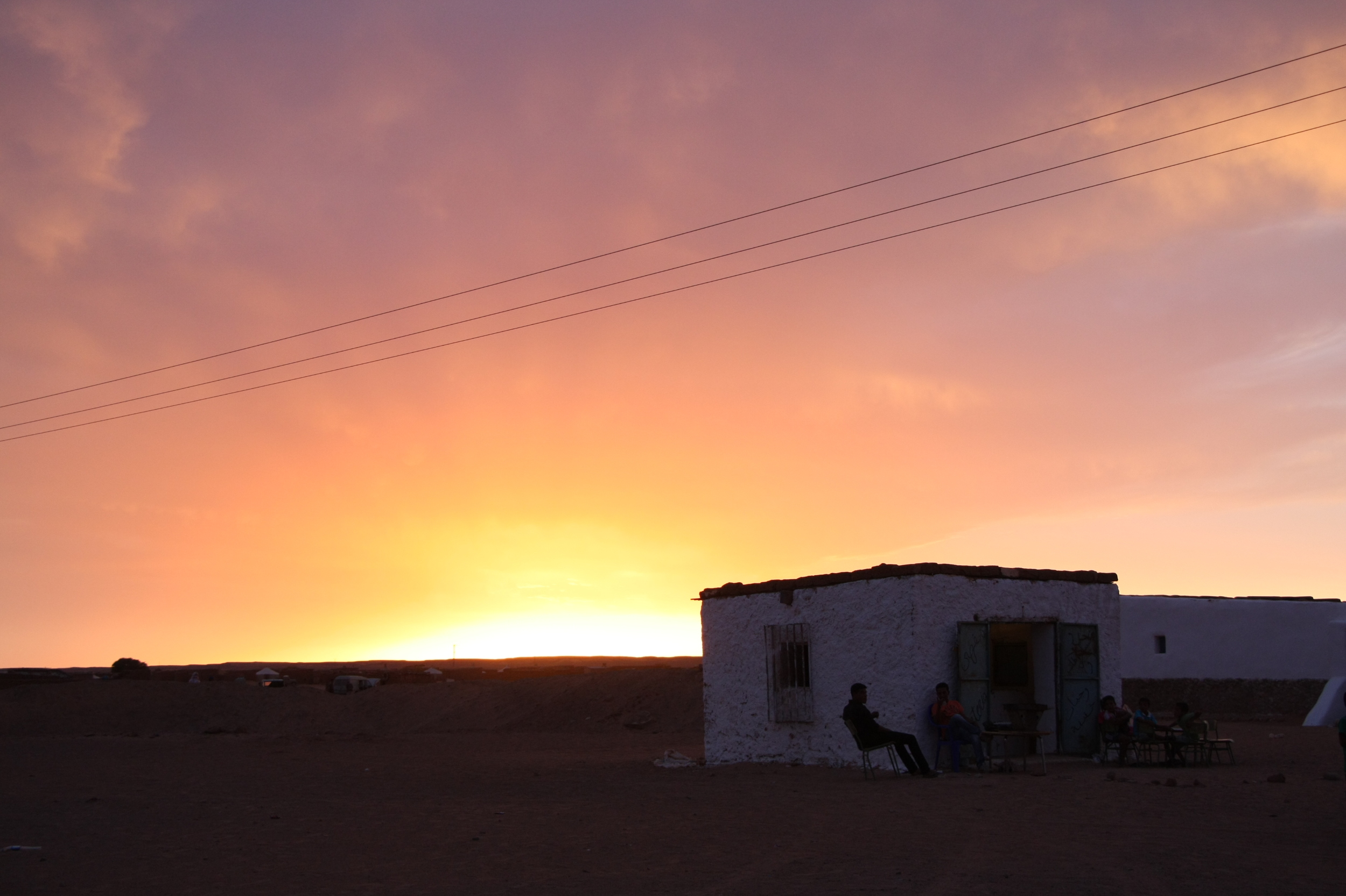In February, Brazil hosts the 1st International Meeting of Solar-Powered Cinemas
The events will take place in São Paulo (February 6) and Rio Grande do Norte (February 8, 9, 10, and 11). This will be the first time that solar cinema projects—from all five continents! —come together. The realization of COP 30 was decisive in Brazil being chosen as the host of this innovative gathering. The program will feature discussions on cinema, the environment, and sustainability, along with screenings of short films. Additionally, executive meetings—both in-person and online—will be held with project leaders from Nepal, Western Sahara, the Netherlands, Greece, Spain, South Africa, the USA, Mexico, Croatia, Chile, and Brazil.
Brazil will host the 1st International Meeting of Solar-Powered Cinemas. The event will take place in February and will bring together projects from various countries. There will be short film sessions and screenings of films from solar cinema projects worldwide, open to the public with free admission, followed by discussions. The cinema and debate program will be held in São Paulo (February 6, from 7 PM to 9 PM) and Rio Grande do Norte (February 8 in Caraúbas, a district of Maxaranguape, and February 9 in São Miguel do Gostoso, both from 6 PM to 8:30 PM). On February 10 and 11, from 11 AM to 4 PM, in São Miguel do Gostoso, there will be executive meetings with project leaders, some attending in person and others joining online from their respective countries.
For the first time in the world, these projects will meet to showcase films and discuss global issues related to the Planet, Cinema, and Sustainability. The participating countries and projects are: Brazil: Cinesolar; Chile: Plataforma Solar; Mexico: Cine Movil Toto; United States of America: Arizona Loft Solar Cinema; Netherlands: Solar World Cinema; Croatia: Solar Cinema Adria; Greece: Solar Cinema Peloponnisos; Spain/Mallorca: Cineciutat; Western Sahara: Solar Cinema Western Sahara; South Africa: Sunshine Cinema and Nepal: Solar Cinema Nepal.
In most countries, the project operates from vans equipped with solar panels that enable film screenings and artistic presentations through a solar-to-electric energy conversion system. Inside the vehicles, there are seats for the audience and a screen, which are moved outside to set up the “cinema rooms” (see more details in the section About Cinesolar). However, the project operates differently in some locations: in Nepal, the structure is transported using donkeys and in the Western Sahara, a four-wheel-drive vehicle is used.
Among the attendees will be Cynthia Alario, the Brazilian creator of the Cinesolar project, and the three executive directors of Solar World Cinema, the pioneering solar cinema project worldwide: Maureen Prins (founder), Maartje Piersma, and Stien Meesters. In Rio Grande do Norte, Mary Land Brito, the State Secretary of Culture, will participate in the two debates. In São Paulo, the discussion will be moderated by journalist, writer, film critic, and Unicamp professor Luíza Lusvarghi.
“We have been considering this meeting for many years, but we postponed our plans due to the Covid pandemic. With COP 30 scheduled to take place in Brazil this year, we decided that the country would be the ideal location for the first meeting. As pioneers of Solar Cinema and founders of the international Solar World Cinema network, we are thrilled that the idea has expanded. It is essential to understand the realities and specifics of each project to determine how we can share experiences and knowledge, collaborate on joint initiatives, and raise awareness of the importance of culture, sustainability, and environmental causes for the planet.”, says Maureen Prins, founder of Solar World Cinema and one of the meeting’s coordinators.
“After eleven years of extensive work in solar-powered traveling cinema, with the goal of democratizing cinema by bringing it to the most remote areas of the country, we are bringing together our passionate and aspiring partners to exchange knowledge and experiences, showcase the diversity of solar cinema initiatives, and spark ideas to further expand the network worldwide. We will discuss, learn, and exchange ideas on how culture and sustainability can go hand in hand”. affirms — Cynthia Alario, creator of Cinesolar.
The director of Cinesolar also highlights the importance of holding the meeting in Brazil: “We decided to hold it here, in the year of COP 30, because it is crucial to foster discussions through the arts about the impact of climate change on the world. Those of us working with culture and the environment can contribute to engaging civil society and the state in projects and actions that address climate change and the broader environmental issues that are the main concerns of humanity today. Raising awareness is crucial so that people understand this is not just a national or regional issue, but a global one. Our projects, which take place in various locations around the world, can help build a critical mass to consider not only cultural actions but also environmental issues—especially in this moment when some leaders seek to hinder environmental protection initiatives, fail to recognize the impact of their actions, and sometimes even actively work against essential measures.”
Abhimanyu Humagain, director of Cinema Solar Nepal, explains that his country’s project, launched in 2023, aims to bring cinema to communities and schools through nighttime events and community activities: “With six thousand students directly involved, the project enhances sustainable learning and strengthens connections between communities and schools. We are looking forward to the meeting in Brazil. It is important to exchange ideas, learn from other initiatives, and explore collaborations to increase the global impact of solar-powered cinema projects”.
Cynthia Alario highlights that São Miguel do Gostoso was chosen as the venue for the executive meeting because it has a strong audiovisual culture and is becoming increasingly significant in Brazilian cinema.
“Since 2013, CDHEC/Espaço Tear, in partnership with HECO Produções, has organized the Gostoso Film Festival in the city. Over 30 short films produced here have been screened at festivals in Brazil and abroad. Additionally, we have held dozens of workshops that have trained 150 young people, as well as numerous other initiatives in this field”, comments Ricardo André Ribeiro, producer of the Gostoso Film Festival and coordinator of São Miguel do Gostoso’s Cultural Center.
The 1st International Meeting of Solar-Powered Cinemas is jointly organized by Cinesolar and Solar World Cinema, with support from the following partners: UNESCO, SPCine, Mercedes-Benz, EnergySeg, Semearte, Ecori, Unipaz - University of Peace, CDHEC (Collective for Human Rights, Ecology, Culture, and Citizenship), Brazucah Produções, Coletivo Nós do Audiovisual, Espaço TEAR, Tukano, Ecooar, and USB Power.

















